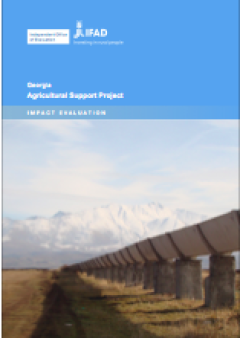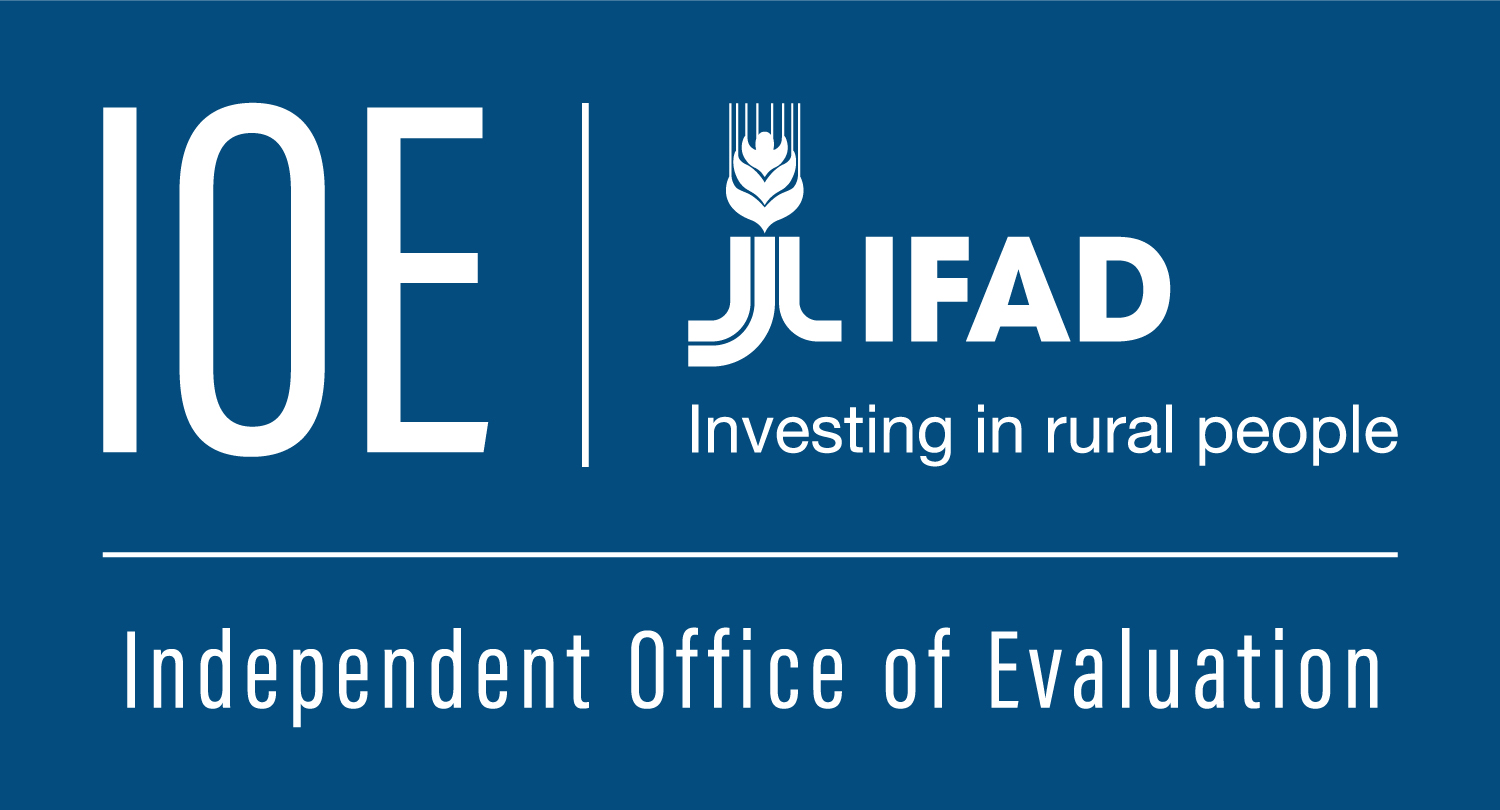
Impact Evaluation of the Agricultural Support Project in Georgia
The overall objective of the Agricultural Support Project was to increase the incomes of the rural poor through commercially viable agricultural and rural enterprises. The project reached about 6,000 households in regions with high incidences of rural poverty but with high productive potential in agriculture.
The evaluation followed an ex post quasi-experimental approach and combined econometric and qualitative techniques to determine the impact of the project on its beneficiaries. It deployed two innovative approaches: (1) genetic matching method for matching the treatment group with the comparison group (a total sample size of 3,100 respondents was selected, which gave superior results as compared to the propensity score matching method); and, (2) satellite imagery to compute the normalized difference vegetation index for comparing the change in vegetation cover between treatment group farm plots and comparison group farm plots before and after the rehabilitation of irrigation schemes.
The project's activity of rehabilitating irrigation canals was successful in bringing irrigation water to the beneficiaries, although the regularity of the water supply remained an issue. The project has triggered revitalized interest in agriculture, encouraging other agencies such as the World Bank to scale up the neglected irrigation schemes. However, the impact evaluation demonstrated that interventions under the major project component, small-scale infrastructure rehabilitation, did not lead to statistically significant changes in the incomes, assets or food security of beneficiaries as compared to non-beneficiaries. The reasons range from the delayed start of the irrigation scheme rehabilitation to the lack of rehabilitation of all tertiary canals.

